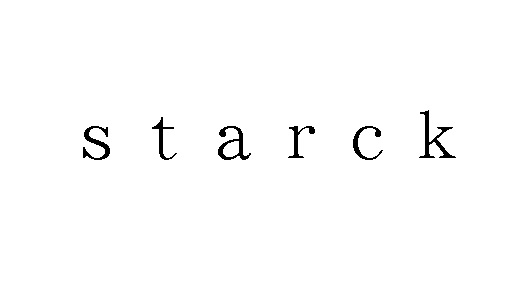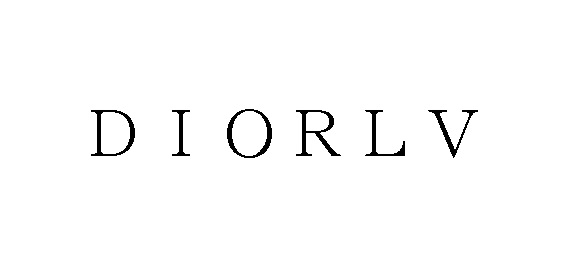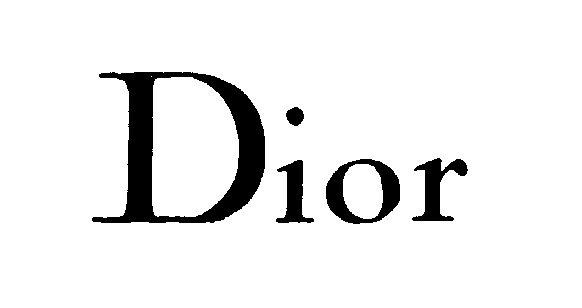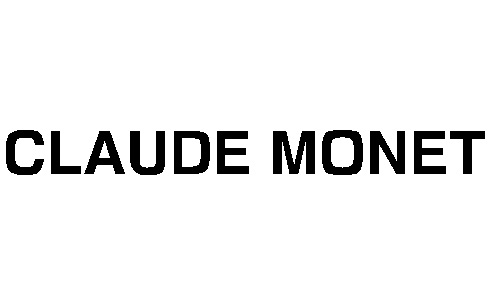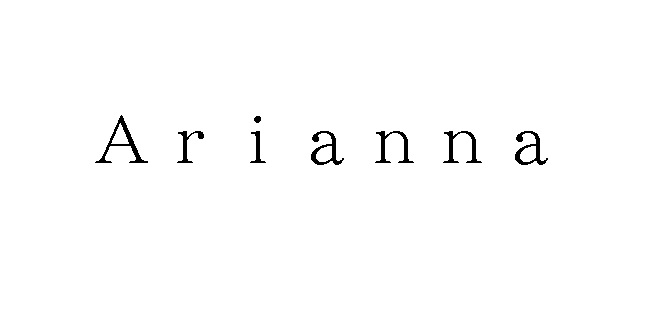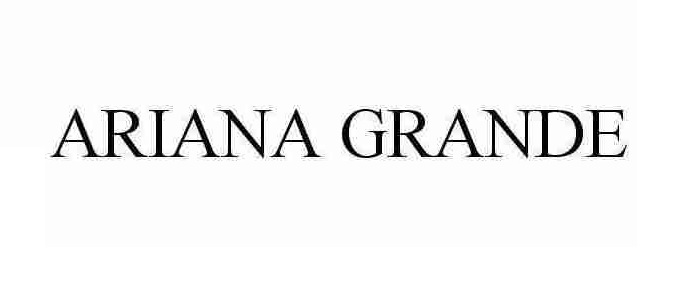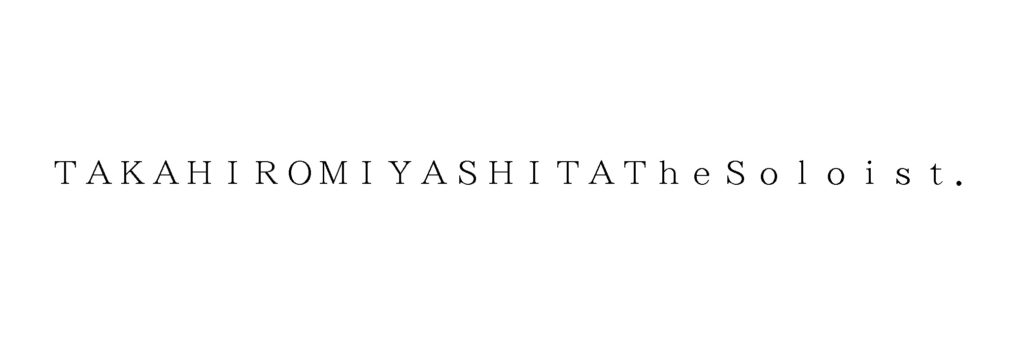The Japan Patent Office (JPO) reversed the examiner’s rejection to TM App no. 2022-13396 for word mark “Benjamin Brown” in classes 25 and 28 based on Article 4(1)(viii) of the Trademark Law by stating the mark would not be completely identical with a full name of the person “Benjamin Brown” alive.
[Appeal case no. 2023-4642, decided on November 9, 2023]Benjamin Brown
Japanese company, Kabushiki Kaisha Pmang, filed trademark application for a word mark “Benjamin Brown” for use on various goods in class 25 and 28, especially golf wear, shoes and other gold items, with the JPO on February 7, 2022.

On December 19, 2022, the JPO examiner rejected the mark in contravention of Article 4(1)(viii) of the Japan Trademark Law since “Benjamin Brown” corresponds to a full name of person, an Israeli professor, researcher of Judaism and Jewish thought, lecturer at the Department of Jewish thought at Hebrew University.
Article 4(1)(viii)
Article 4(1)(viii) is a provision to prohibit registration of trademark that contains the representation or name of any person, famous pseudonym, professional name, or pen name of another person, or famous abbreviation thereof.
Notwithstanding the provision, the article is not applicable where the applicant could obtain a written consent from the person.
The Supreme Court of Japan ruled the article has aimed to protect personality rights of a living individual. Therefore, the article is not applicable when the person is no longer alive.
The applicant filed an appeal against the rejection on March 20, 2023 and argued that registration of the mark “Benjamin Brown” in relation to goods of classes 25 and 28 would never cause damages of personal right to Israeli professor at Hebrew University.
JPO Appeal Board decision
The Appeal Board found that the applied mark “Benjamin Brown” shall be conceived as a coined word in its entirety. Relevant consumers are unlikely to associate it with a full name of particular person.
It is uncertain if “Benjamin Brown” is a full name of the professor or alive (!). Besides, the Board can’t find any reason to believe that his name has been highly recognized among consumers in Japan.
If so, the applied mark shall not be subject to Article 4(1)(viii). Since the examiner made an error in applying the article, it should be cancelled in due course, the Board decided.

